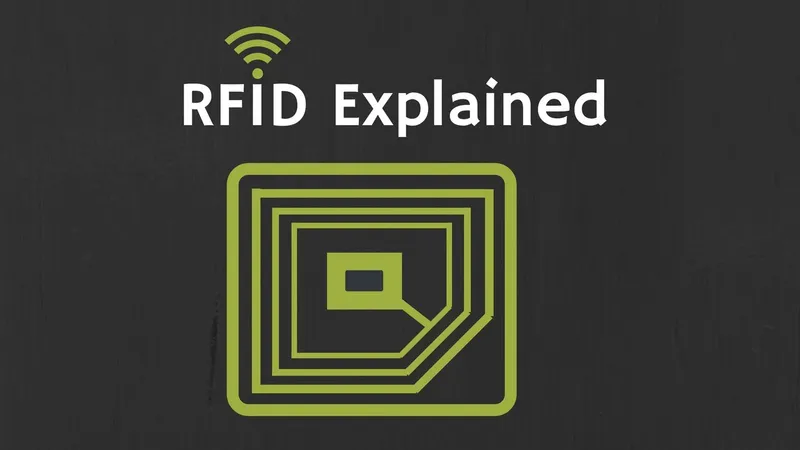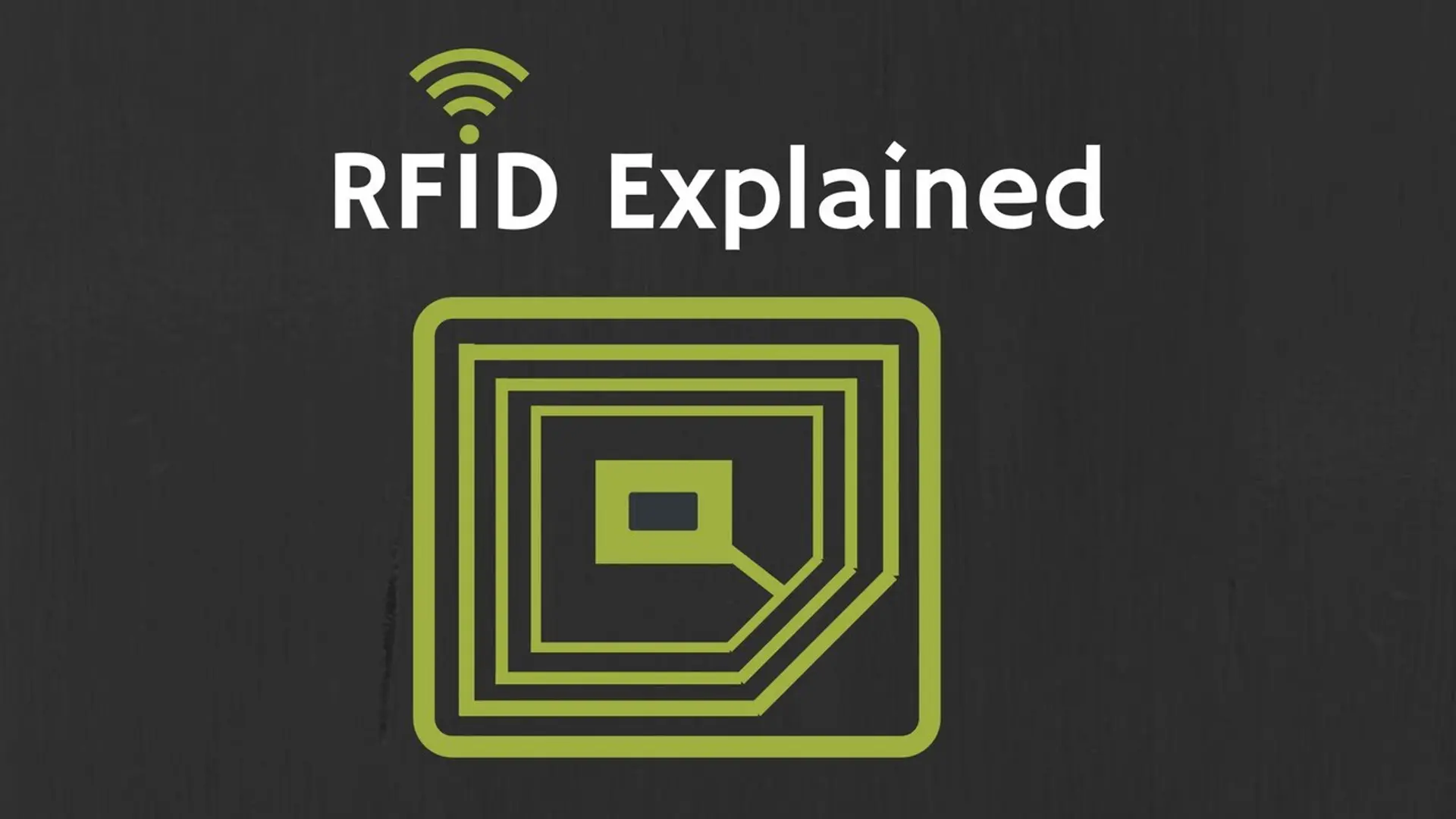
This is a user generated content for MyStory, a YourStory initiative to enable its community to contribute and have their voices heard. The views and writings here reflect that of the author and not of YourStory.

Next-generation RFID technology offers speed and convenience

This is a user generated content for MyStory, a YourStory initiative to enable its community to contribute and have their voices heard. The views and writings here reflect that of the author and not of YourStory.

Radio-Frequency Identification (RFID) technology can scan multiple items in seconds, allowing a person to check all content at once, as it contains more information. RFID tags are being used in various sectors such as the automobile, retail, pharmaceutical, etc.
Since RFID tags are attachable, it becomes possible to read personal information without consent. This, however, has raised a serious issue of privacy concerns and security. Moreover, people using unauthorized device can read and even change data on RFID tags.
According to the report by Future Market Insights (FMI), the global RFID market is anticipated to register 13.2% CAGR during 2017-2027. The market is also expected to exceed $47 billion market value by the end of 2027. RFID solutions are witnessing an increase in demand in healthcare, retail, and supply chain management sectors.
Advanced technologies result in growth in adoption of RFID technology in various sectors
Deploying RFID tags is growing trend among retailers. These tags help staff in store to identify all items be it on shelf, racks, and stockrooms. Using a remote RFID reader, staff can identify all the items and conduct the stock check. This saves a lot of time and enables retail stores to check their stock frequently and availability of the product.
Major retail stores are testing the RFID technology and are planning to introduce it across the stores. For instance, Macy’s, a department store in the U.S. is launching RFID technology across its business. Marks & Spencer, Tesco, John Lewis are also planning to introduce RFID technology across their stores. Adoption of RFID technology by retailers and wholesalers has resulted in improvement in various factors such as providing better inventory accuracy, customer satisfaction, etc.
RedBite introduces a low-cost solution for easy RFID deployment
RedBite, a U.K. based Internet of Things software company has developed ‘itemit’, a low-cost solution for easy and affordable RFID deployment. The solution consists of a web portal and an iOS and Android application. Although the itemit app was available for use with QR code, the company has launched its RFID version.
To use RFID version, a person or business should have RFID-enabled functionality in the app. The RFID tags can be applied to any equipment, health and safety assets. However, the tags will most commonly be applied to high-value moving assets. The user can also take upload photos of the product and documents related to it such as inspection report, user manual, etc.
With advanced technologies being introduced in the automotive sector, automotive companies are deploying RFID technology to ensure safety, manage inventory and to carry operations efficiently. For example, Honda has deployed RFID technology at its facility in Greensburg, IN, to track vehicles and their progress through its assembly plant. In this process, every new vehicle receives RFID tag. The data is noted with help of tag and location is tracked throughout vehicle’s manufacturing process. Moreover, since deploying RFID technology, Honda has reported improvement in costs and efficiency.
Aerospace companies are also increasingly adopting RFID technology to track work-in-progress, track and improve manufacturing operations and to improve asset management and supply chain management.

Advanced technologies result in growth in adoption of RFID technology in various sectors



